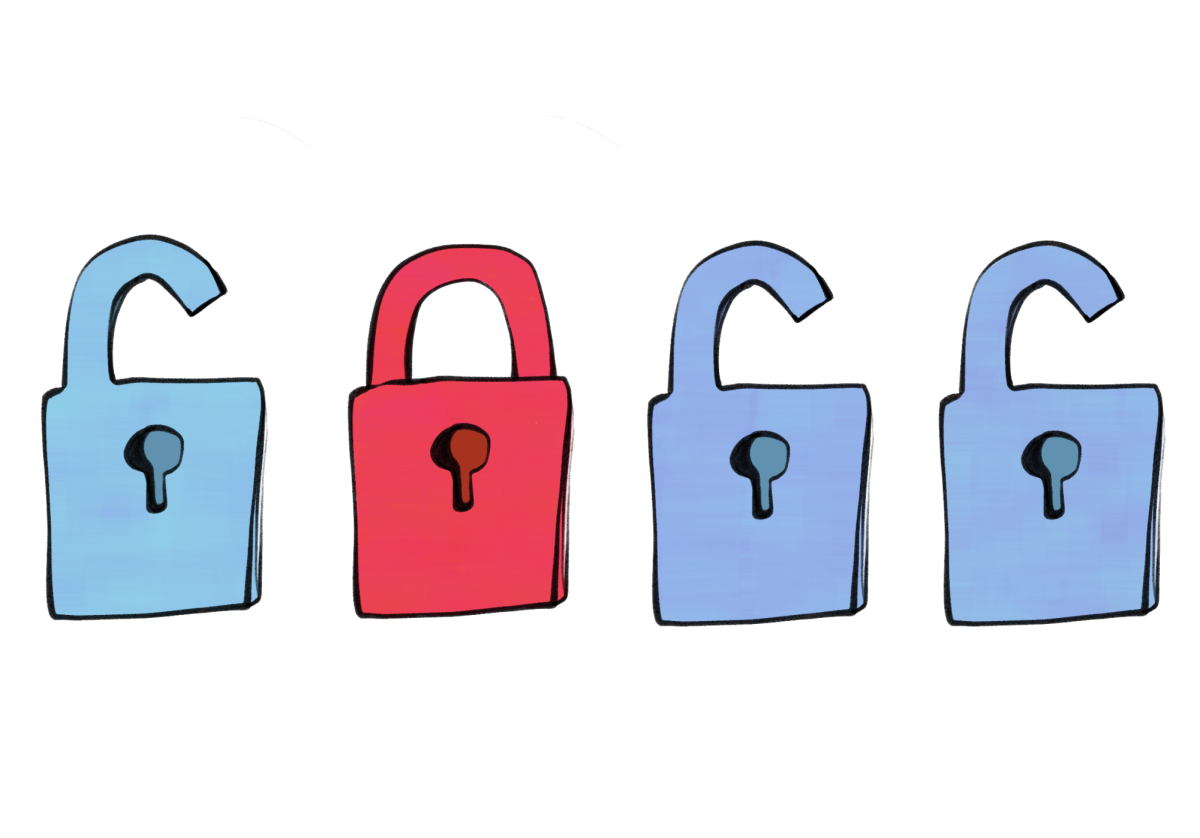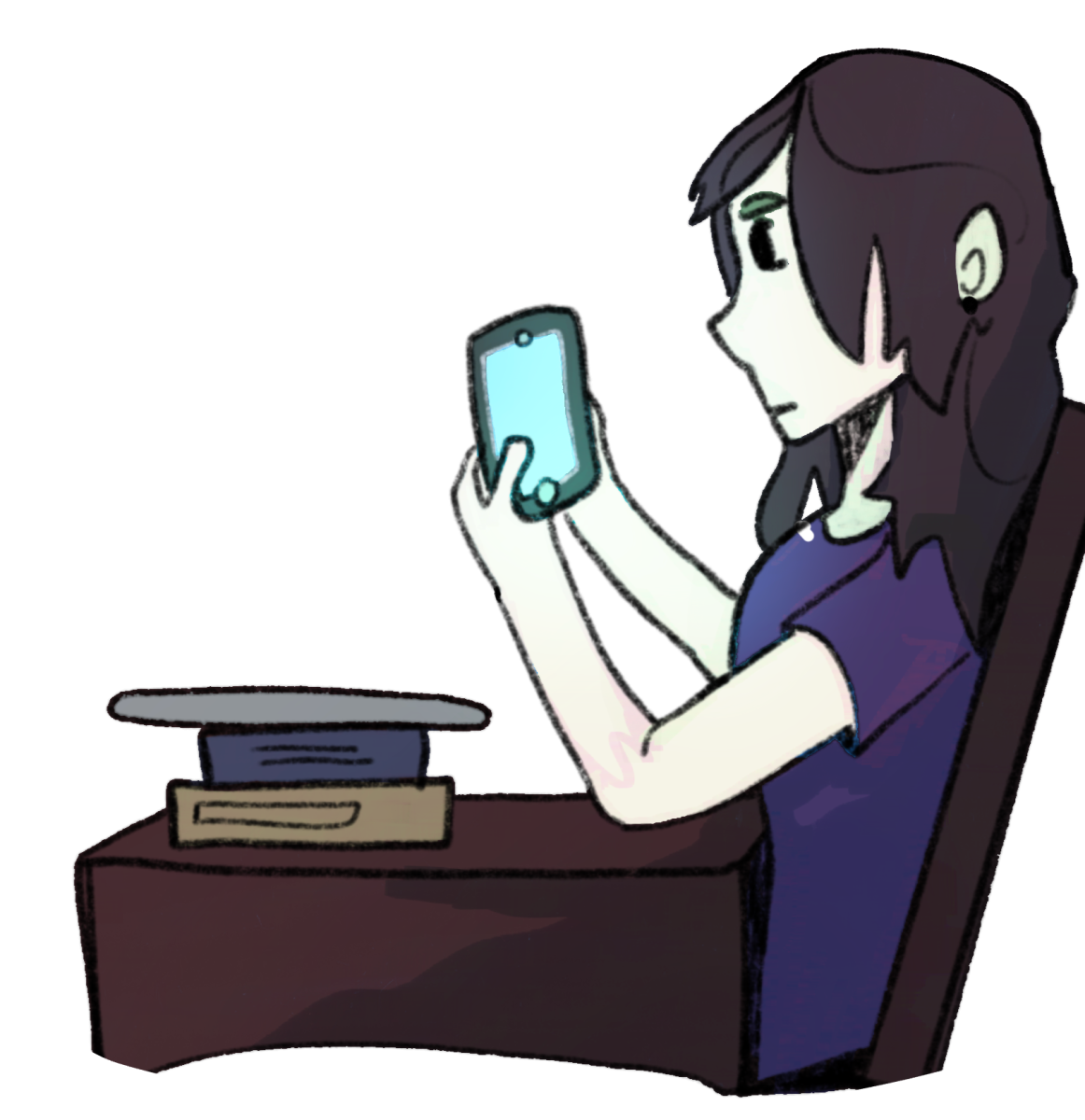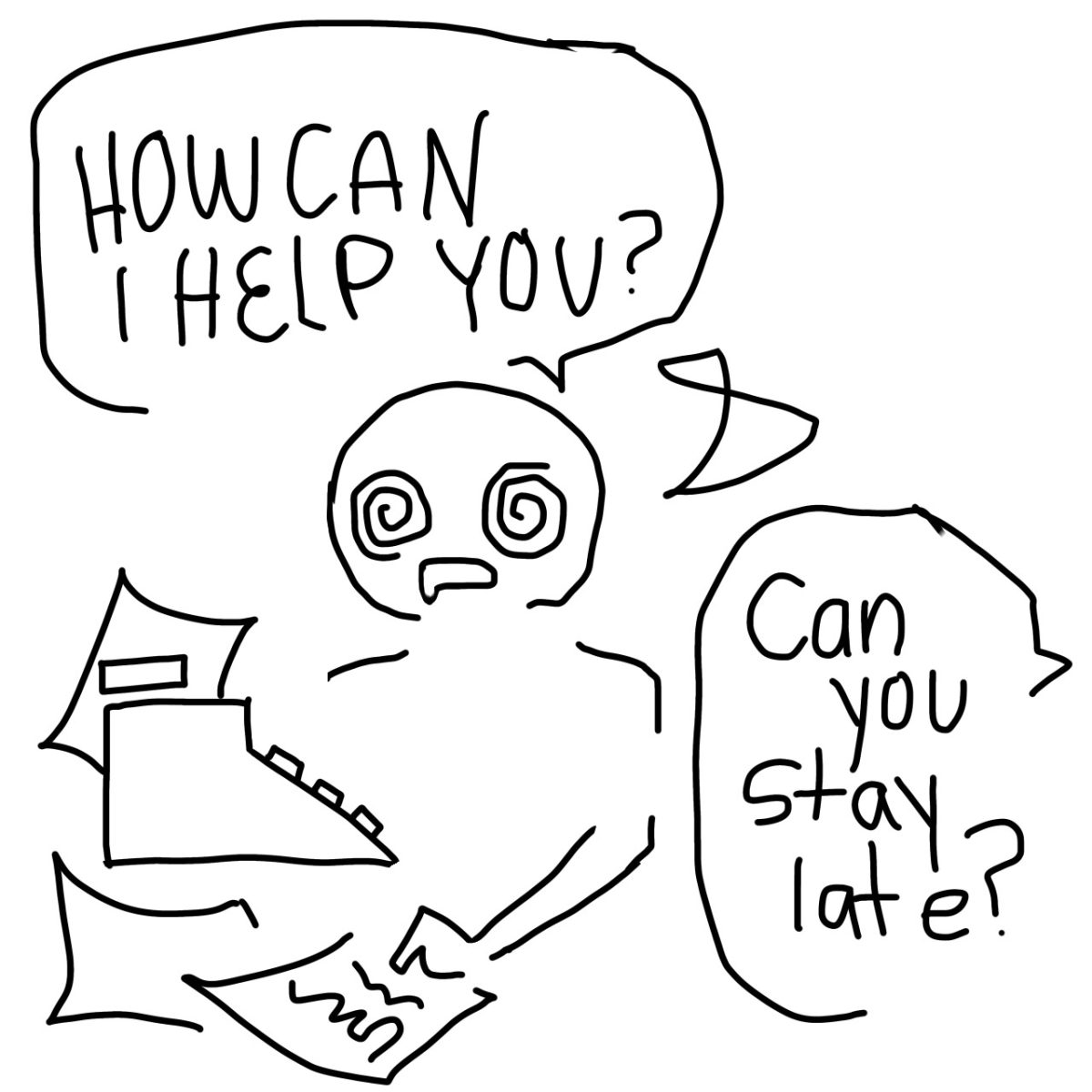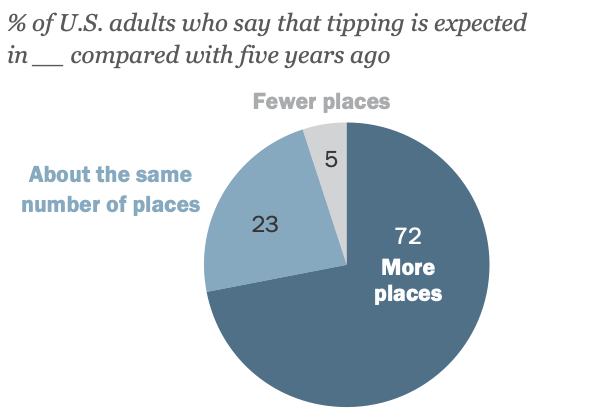Headline: Censorship: A Step to Keeping Children Safe
How old were you when you got your first phone? I was ten. Besides downloading Snapchat to use the questionable filters to my heart’s content, playing games like Subway Surfers or Where’s My Water, or the several other uses a child has for a phone, I also had full access to the Internet. Of course, I wasn’t aware of the dangerous and inappropriate content online. I didn’t venture into it, but many other kids did. For countless children, access to the entirety of the Internet is one search bar click away.
Censorship is defined by Wikipedia as “the suppression of speech, public communication, or other information. This may be done on the basis that such material is considered objectionable, harmful, sensitive, or ‘inconvenient’. Censorship can be conducted by governments, private institutions and other controlling bodies.”
Although it isn’t always the best option, when it comes to being online, children need some sort of censorship or restriction.
Immodest content, such as pornography or adult media, is so easy to find on the Internet without even looking for it, and, unfortunately, this is the case for many children. They can run into inappropriate content in advertisements, music, television shows, and movies.
On top of that, technology can have numerous lasting effects on many different aspects of children’s lives, such as impacting their emotional development and learning abilities and even leading to behavioral issues. It can also increase their chances of depression and anxiety, especially when it comes to social media, considering the issues of cyberbullying and self-image. A whopping 62% of people who experience mental health problems are negatively impacted by social media usage. This is most likely because children and teens become connected more online than in person, leaving them feeling socially isolated. Lots of people in today’s day and age suffer from these effects because of our constant use of technology.
In recent years, social media has become more commonly used by children and young teens than in the past. 11% of children under 10 and 39% of children between the ages of 10 and 12 created an account on some social media platform. Facebook and Instagram are used by at least 77% of kids, and Snapchat used by 47%, which is likely to have increased today.
The 2020 COVID-19 pandemic only made this worse. Everyone was isolated from the outside world so social media was our main source of communication and entertainment. We lived in a world dependent on technology, and it hasn’t changed, even though it’s been months since Covid was declared “over.”
Technology is so prevalent in today’s world, especially with teens and children. Most of us grew up knowing nothing else because technology and social media were drastically on the rise, and it’s only growing further from here. We grew up surrounded by technology, and we use it constantly, with an average of 5.5 to 8.5 hours per day. On top of that, most of us have the ability to look up anything we want online, and that can have horrible consequences.
From my experience, there are no benefits to children younger than the age of 12 having smartphones. If you want your child to be able to reach you while you’re away, there are other options; there is no need to resort to a smartphone. Flip phones are a viable option, and there are also numerous other cell phone options varying in capabilities. If your child wants to play technology games, there are tablets or gaming consoles that don’t require them to be online. If not about the unfavorable lasting effects, the possibility of them running into something dangerous online is so incredibly terrifying that it outweighs the minor advantages of having a smartphone.
Without online censorship, such as restrictions on certain websites, children are able to communicate with almost anybody online, which can lead to catfishing, sex trafficking, and child pornography, which are very real, dangerous things. Things like these should be taken into consideration when giving kids full access to the Internet. Kids can come across scary or ill-suited websites without even realizing it. They’re kids, and they’re curious.
I believe children’s devices should be regularly monitored (to an extent, of course). The entirety of the internet should not be available to children under the age of 12. Online censorship can help children to stay safe online, and keep them from running into dangerous media. If kids have devices with online access, questions should be asked; screen times and restrictions should be put into place… children shouldn’t have smartphones at ten years old.









